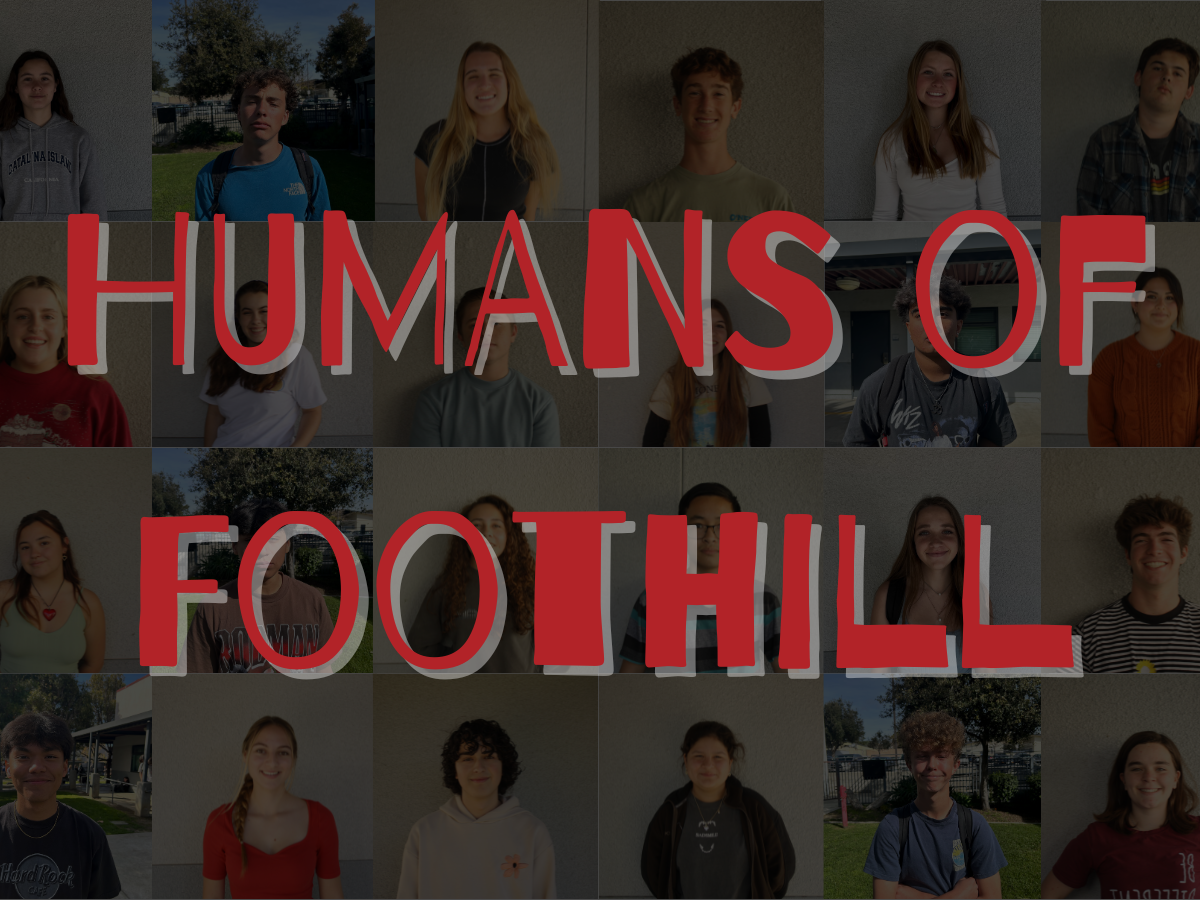The history of the modern marathon has been the subject of many myths and historical inaccuracies. The 26.2-mile-distance event, which pushes about one million people to the brink of physical and psychological exhaustion each year, has seen several iterations and unique influences over the centuries that runners have been partaking in the event.
The original myth of the marathon can be traced to the story of a Greek messenger named Pheidippides. The man who ran 25 miles to deliver the news to the Athenians of the Greek victory at the Battle of Marathon. The battle took place in 490 BC amidst the first Persian invasion of Greece, where the allied Greek city-state of Athens valiantly defended itself against King Darius l’s forces as he craved westward expansion into Greece. Yet not everybody was fortunate enough to celebrate the victory; it is said that upon completing his mission, the exhausted Pheidippides collapsed forever at the feet of his stunned Athenian audience.
Luckily for Pheidippides, this story is largely fabricated and has no connection to the marathon race. However, there is no denying that the myth has left a mark on the event as evidenced by the battle site and legend from which we get the name.
The true history of the marathon started much more recently with a French linguist, Michel Bréal. Bréal was a founding member of the International Olympic Committee (IOC) and a close friend of Pierre de Coubertin, another key member of the committee. The job of the IOC was to create a system of events based on the ancient Olympic games that would change hosts every four years. Thus, along with the creation of the marathon, came the birth of the modern Olympic Games.
Bréal first conceived the marathon as a nearly 25 mile race stretching from Marathon to Pnyx, that was to be the ultimate test of an endurance athlete. It debuted in the first modern Olympic Games in 1896 with only 17 competitors. Spyridon Louis of Greece would become the first person to win an Olympic marathon with a time of 2:58:50, setting a record that would be soon broken, and would be a middling time if put up against the best runners of today.
It wouldn’t be until over a decade later in the 1908 London Olympic Games that the official marathon distance would change when 1.2 miles were added so that King Edward VII and Queen Alexandra could see the end of the race from the royal box. Due to the popularity of that year’s Olympic games, the awkward distance of 26.2 miles stuck.
For the rest of the century, the marathon exploded in popularity around the world, birthing a new class of endurance athletes. With advancements in training, nutrition and footwear, athletes worldwide continue to push the boundaries of what is humanly possible.
Most recently, a new world record was set by Kelvin Kiptum of Kenya in the 2023 Chicago Marathon with a time of 2:00:35, crushing the previous record set by Eluid Kipchoge by over 34 seconds. The women’s world record holder also boasts an impressive time, set by Tigst Assefa who had a time of 2:11:53 at the 2023 Berlin Marathon.
As times get faster and the relentless march of progress in this event persists, it is undeniable that records will continue to crumble. Through the marathon, society inches closer to the elusive pinnacle of human performance.






















